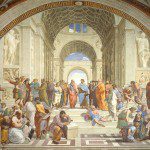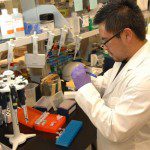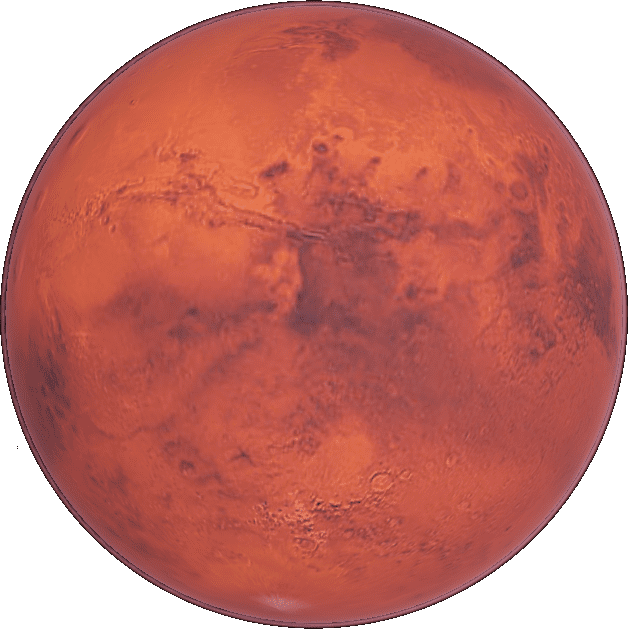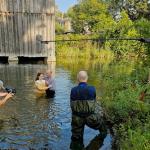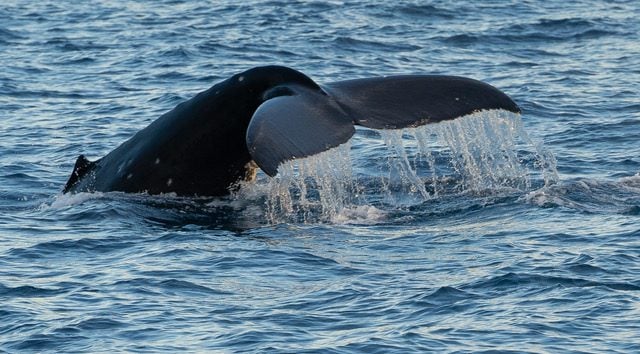
***
If you would like to watch the two-hour video of a Witnesses-related event that occurred in Provo, Utah, back on 14 October 2021 without needing to get through Deseret Book’s paywall, you can do so here. The completion of the video and its full going-public were slowed by a nearly tragic external factor that has now, thankfully, been largely overcome:
“Deseret Book’s “What is My Witness” Event”
The Interpreter Foundation is pleased to share here a video of an event that Deseret Book and Excel Entertainment sponsored in Provo on 14 October 2021. The event celebrated the release of the Interpreter Foundation’s dramatic film, Witnesses, on DVD and via streaming. Most though not quite all of the program was occupied by a conversation onstage led by Tammy Uzelac Hall, who hosts the Sunday on Monday podcast for LDS Living. The participants in the conversation, which often responded to clips of specific scenes from the film, were Camrey Bagley Fox (who played Emma Smith), Mark Goodman (the director of Witnesses), Lincoln Hoppe (Martin Harris), Daniel Peterson (executive producer), Russell Richins (producer), Caleb Spivak (Oliver Cowdery), and Paul Wuthrich (Joseph Smith Jr.). Also featured on the program were the Truman Brothers, members of the Nashville Tribute Band, who performed four songs.
Were you aware that the Interpreter Foundation has a YouTube channel? Well, we do. And you might find some other things on it that will interest you:
https://www.youtube.com/c/theinterpreterfoundation
***
Speaking of the Witnesses film, its producer, Russ Richins, has been on vacation over here in Hawaii with his wife. (He took the photograph that I’ve shared above.) We met up with them last night at a restaurant here in Ko Olina. There are very few things in this life that are better than good conversation with good friends over good food.
***
Critics of religious faith often like to compare it, unfavorably, to science. Science, they say, has cured polio and malaria, sent humans to the moon, created powerful computers, and plumbed the secrets of distant stars and galaxies. Religion has done none of these things.
However, this is a profoundly misguided argument. For one thing, it suggests that only such accomplishments as these have value. Most thinking people, though, would disagree. No sonnet has ever built a bridge. No symphony has ever cured a cancer. Acts of charitable self-sacrifice or selfless caring don’t solve problems in quantum physics. Are such things therefore useless? Very few people would say so: Sonnets and symphonies and kind deeds — and sculptures, paintings, walks in the woods, and moments spent watching sunsets over the ocean — have unique and irreplaceable values of their own.
Moreover, the skeptics’ argument seemingly recognizes only fields where tangible progress can be demonstrated. But many important areas of human effort don’t move forward in obvious ways. In literature, for instance, it would be absurd to argue that Henry Morton Robinson’s The Cardinal, the best-selling American novel of 1950, is a greater book than Dante’s Divine Comedy simply because, at its publication, more than six centuries of literary “progress” had occurred since Dante’s death. Nineteenth-century chemistry textbooks are obsolete, of course, but the music of Bach, Mozart and Beethoven certainly isn’t. Twenty-first-century literature hasn’t rendered Shakespeare, Goethe, Tolstoy, and Dostoevsky irrelevant. John Tavener and Arvo Pärt haven’t relegated Haydn, Brahms, and Vivaldi to the musical dumpster.
I borrow an illustration from Vatican astronomer Guy Consolmagno’s excellent keynote address to the Interpreter Foundation’s 2016 Science and Mormonism Symposium: Specialists in astronomy today seldom, if ever, read the works of Ptolemy, Copernicus, and Kepler because, in their technical areas, those pivotal works of Western science have been superseded, replaced. But Plato, Aristotle, Aquinas, Kant, and Kierkegaard haven’t been replaced or superseded. Their writings are still alive, still richly challenging, and deeply relevant for contemporary reflection on philosophy, literary criticism, and ethics. Charles Darwin, Isaac Newton, Rene Descartes, and David Hume are all enormously important figures in Western intellectual history. But Descartes and Hume continue to be active presences in ongoing debates, whereas — historically significant as they are — Darwin and Newton play little if any role in current programs of scientific research.
Furthermore, the skeptics’ argument neglects obvious and fundamental differences between the objects of religious faith and those of scientific inquiry. For instance, science focuses on things that can, at least in principle, be counted and measured; religious faith, like philosophy, historiography, and ethical reflection, does not.
Ah, the critics will respond, but that’s because the objects of science are real while those of faith are imaginary. And perhaps those critics are willing to say that philosophy, history, and ethics focus on illusions, as well — though most people, when pressed, would hesitate to say that the distinction between good and evil is mere subjective fantasy.
But it could just as easily be — and arguably is — the case that the tools of science simply aren’t suited to the treatment of philosophical, ethical, and religious matters. A screwdriver isn’t well-adapted for pounding nails, either, but that fact scarcely means that pounding nails is worthless. A net with a 6-inch mesh is well-fitted for catching tuna, but smaller fish, plankton, and krill will elude it. An odometer will measure quite accurately how far you’ve traveled, but an odometer is utterly worthless for identifying your location or telling you which direction you’re headed.
In a 1615 letter to the Grand Duchess Christina of Tuscany, the great Italian Renaissance scientist Galileo Galilei cited a quip that he said he had heard “from an ecclesiastic of the most eminent degree” (but who remains unidentified): “The intention of the Holy Spirit is to teach us how one goes to heaven, not how the heavens go.”
Ideally, science can tell you how to achieve a goal. But it can’t begin to tell you which goals you should pursue. Ethical decisions can’t be determined by weight or by counting electrons. Worldviews aren’t found, as such, in geological strata or quasars or the vascular structure of flowering plants. And science produces bombs and surgical equipment, astronomical telescopes and missile submarine periscopes, pharmaceuticals and poisons, with equal efficiency.
Science is an enormously powerful instrument that has made impressive advances, but part of its effectiveness stems from its deliberately narrow focus. Many of life’s most important issues are flatly beyond its range.
Posted from Ko Olina, Oahu, Hawaii








